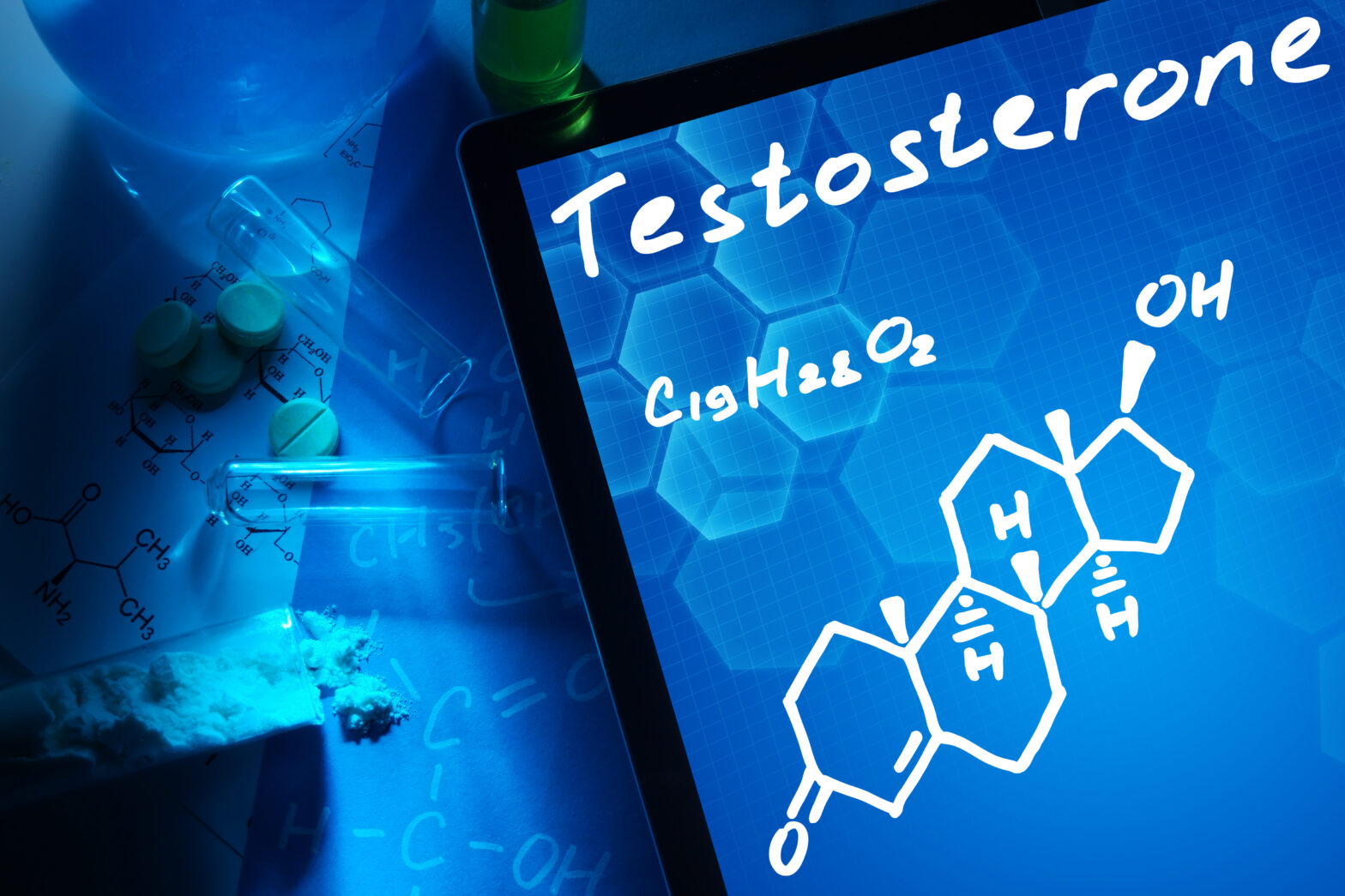The nature versus nurture debate has raged on for decades, and in recent years, researchers have been chipping away at the mysteries of entrepreneurialism and whether business leaders are born or made.
New research into testosterone levels and the likelihood to venture into self-employment reveals that there may be a stronger correlation than previously understood.
Nicos Nicolaou, professor and head of the Entrepreneurship & Innovation Group at Warwick Business School led research using the most widely accepted methods available for measuring testosterone levels and analysing three diverse samples. His findings revealed testosterone levels may constitute an important influence on the likelihood of being an entrepreneur.
The overall purpose of the research is to examine the influence of biology in entrepreneurship. “A lot of research has examined cognitive factors and industry characteristics. We need more research on biological factors like genes, hormones, neuroscience and so on, which are now increasingly of interest,” Nicolaou tells GrowthBusiness.
There has been a lot of discussion as to whether business behaviours are learned or can be down to biology and our research shows it is indeed possible that at least a portion of certain business behaviours can at least in part be attributed to biological influences, he explains.
“Our results represent an important first step into uncovering how key biological influences are related to self-employment and entrepreneurial activities. The findings are relevant to both entrepreneurship and management audiences,” Nicolaou says.
Risk-taking
Higher levels of testosterone can not only enhance an individual’s willingness to take risks but also diminish the likelihood that they feel fear with regards to risky situations, according to Nicolaou. “When coupled together it is possible that individuals with higher levels of testosterone could be prone to engage in entrepreneurial activities and self-employment.”
Nicolaou has conducted separate research, looking at the question of genetics more precisely, and whether entrepreneurs are born with a specific trait. “We compared a few thousand identical twins, who share 100 per cent of the same genes, and non-identical twins, who share 50 per cent of the same genes. The results revealed higher concordance for entrepreneurship in identical twins than non identical twins. This doesn’t mean that entrepreneurs are born, but there’s a genetic predisposition. It increases the probability that someone could take the risks associated with self-employment,” he says.
The gender question
Testosterone levels in men are higher than women, which may suggest that men are genetically predisposed to risk-taking and self-employment. But Nicolaou vehemently disagrees. “The relationships here are not deterministic. Higher testosterone increases the likelihood that someone may become an entrepreneur. Women have lower levels of testosterone, but there are no implication to whether men are more likely to be entrepreneurs. You can’t really compare the testosterone levels in males with that in females,” he explains.
“With anything biological we have to be careful about implications. It doesn’t mean some people cannot become entrepreneurs. It’s only about probability and likelihood.”
Testosterone is one of many many factors in what makes people competitive, Nicolaou explains. “Entrepreneurship is such a multifactorial outcome that it’s driven by a very large number of variables, including education, availability of financing, role models, vicarious learning, biological influence, personality characteristics, and cognitive factors.”
The methodology
In the paper Testosterone and Tendency to Engage in Self-Employment due to be published in Management Science, Nicolaou conducted three separate studies to explore the connection between testosterone and self-employment in greater depth.
In the first, information was utilised from the Centres for Disease Control and Prevention’s National Health and Nutrition Examination Surveys (NHANES) of 2011 to 2012. This included 2,146 observations which found testosterone with self-employment is marginally supported among males but not among females.
https://growthbusiness.co.uk/what-makes-an-entrepreneur-2534006/
In study two, Professor Nicolaou assessed whether the 2D:4D digit ratio – the ratio of the length of the index finger to the length of the ring finger, a marker of prenatal testosterone exposure – influences the likelihood of self-employment. He looked at 449 males and 525 females.
The results indicated males with a lower 2D:4D ratio in their left hand, or higher prenatal testosterone exposure, have a significantly greater likelihood of self-employment. This was also found to be marginally significant for females.
The third and final study examined the twin testosterone transfer effect in a sample of opposite-sex and same-sex twins from the National Survey of Midlife Development in the US.
Previous studies have suggested that female foetuses gestated with a male twin are more likely than female foetuses gestated with a female twin to be “masculinised” in their development and to have greater testosterone levels. This is because testosterone may pass from one twin to the other through maternal circulation and by diffusion through foetal membranes.
Professor Nicolaou found that these females were marginally more likely to be self-employed than females gestated with a female co-twin.






